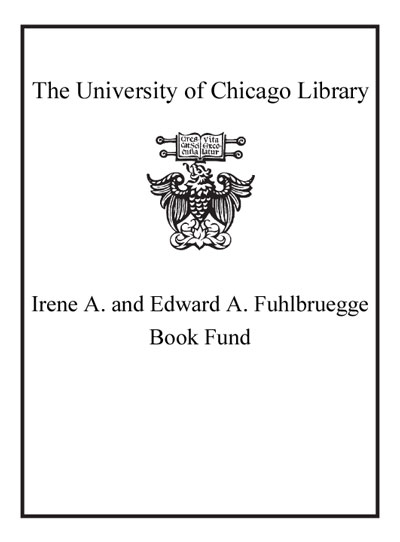THE ESSENTIAL LINCOLN (Chapter 1)"To the People of Sangamo County" March 9, 1832 The first known public writing of Abraham Lincoln captures the hardworking aspiring politician. He had lived in New Salem, Illinois (Sangamon County), only half a year and was not quite a month into his twenty-third year when he announced in the c">Sangamo Journal his campaign for a seat in the Illinois General Assembly. As a Whig he appeals to reason and addresses local issues--internal improvements, rising interest rates, and, notable for a man with less than a year's formal schooling, public education, declaring it "the most important subject which we as a people can be engaged in." He acknowledges having ambition, but, with a humility that would become a telling Lincolnian turn, he admits to his youth and inexperience and assures the public that if any of his ideas are wrong, he is willing to change his mind. Lincoln lost this first bid for the Illinois legislature but was elected two years later in 1834 with the second highest number of votes cast among thirteen candidates, and reelected in 1836, receiving the most votes of any candidate. [ABRIDGED] FELLOW CITIZENS: Having become a candidate for the honorable office of one of your representatives in the next General Assembly of this state, in accordance with an established custom and the principles of true republicanism, it becomes my duty to make known to you--the people whom I propose to represent--my sentiments with regard to local affairs. Time and experience have verified to a demonstration, the public utility of internal improvements. That the poorest and most thinly populated countries would be greatly benefited by the opening of good roads and in the clearing of navigable streams within their limits is what no person will deny. But yet it is folly to undertake works of this or any other kind without first knowing that we are able to finish them--as half-finished work generally proves to be labor lost. There cannot justly be any objection to having railroads and canals, any more than to other good things, provided they cost nothing. The only objection is to paying for them, and the objection to paying arises from the want of ability to pay. ...Upon the subject of education, not presuming to dictate any plan or system respecting it, I can only say that I view it as the most important subject which we as a people can be engaged in. That every man may receive at least a moderate education and thereby be enabled to read the histories of his own and other countries, by which he may duly appreciate the value of our free institutions, appears to be an object of vital importance, even on this account alone, to say nothing of the advantages and satisfaction to be derived from all being able to read the Scriptures and other works, both of a religious and moral nature, for themselves. For my part, I desire to see the time when education and, by its means, morality, sobriety, enterprise, and industry shall become much more general than at present and should be gratified to have it in my power to contribute something to the advancement of any measure which might have a tendency to accelerate the happy period. ...But, Fellow Citizens, I shall conclude. Considering the great degree of modesty which should always attend youth, it is probable I have already been more presuming than becomes me. However, upon the subjects of which I have treated, I have spoken as I thought. I may be wrong in regard to any or all of them, but holding it a sound maxim that it is better to be only sometimes right than at all times wrong, so soon as I discover my opinions to be erroneous, I shall be ready to renounce them. Every man is said to have his peculiar ambition. Whether it be true or not, I can say for one that I have no other so great as that of being truly esteemed of my fellow men, by rendering myself worthy of their esteem. How far I shall succeed in gratifying this ambition is yet to be developed. I am young and unknown to many of you. I was born and have ever remained in the most humble walks of life. I have no wealthy or popular relations to recommend me. My case is thrown exclusively upon the independent voters of this county, and if elected they will have conferred a favor upon me for which I shall be unremitting in my labors to compensate. But if the good people in their wisdom shall see fit to keep me in the background, I have been too familiar with disappointments to be very much chagrined. Your friend and fellow citizen, A. LINCOLN. THE ESSENTIAL LINCOLN Copyright (c) 2009 by Orville Vernon Burton Excerpted from The Essential Lincoln: Speeches and Correspondence by Orville Burton All rights reserved by the original copyright owners. Excerpts are provided for display purposes only and may not be reproduced, reprinted or distributed without the written permission of the publisher.

